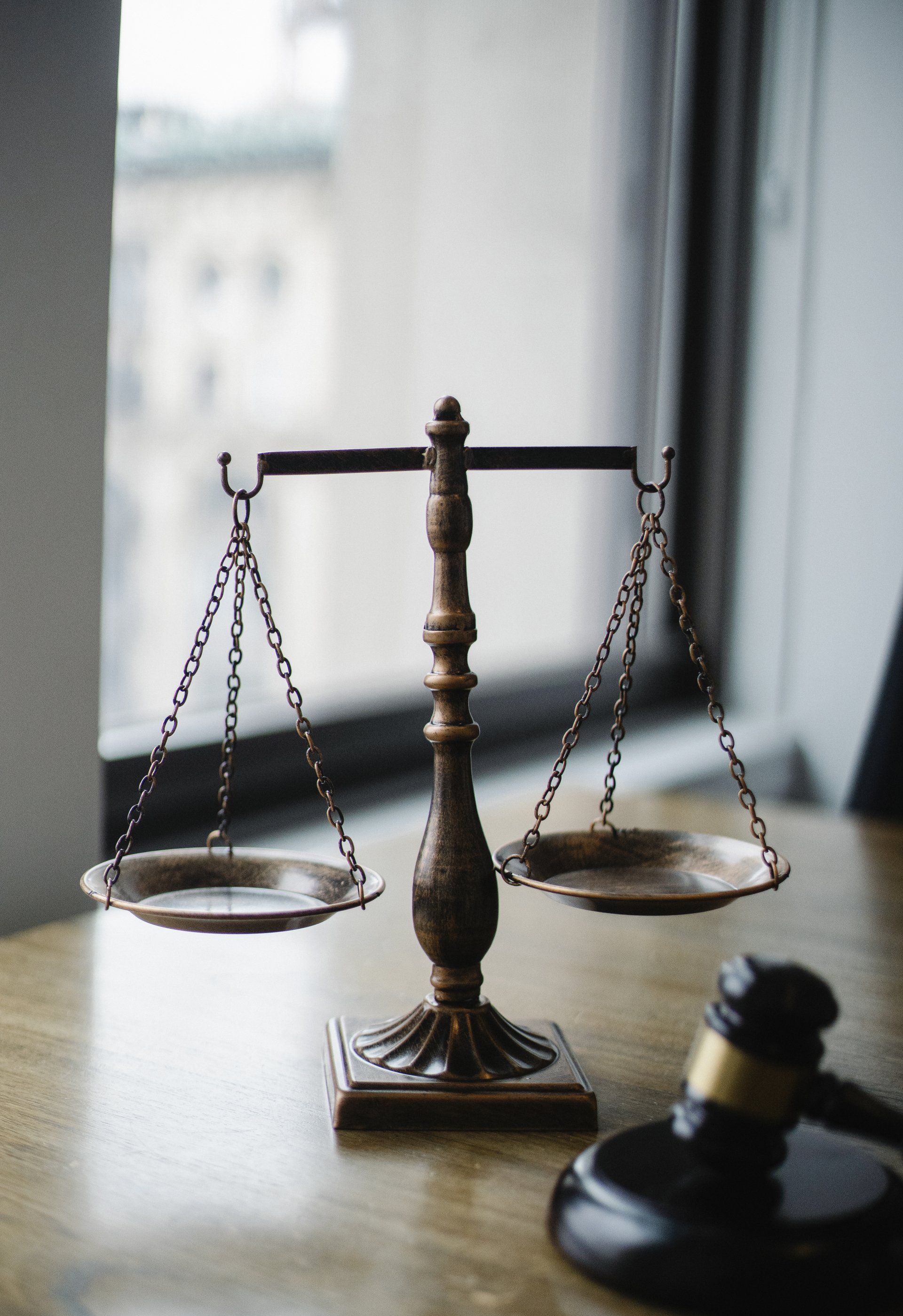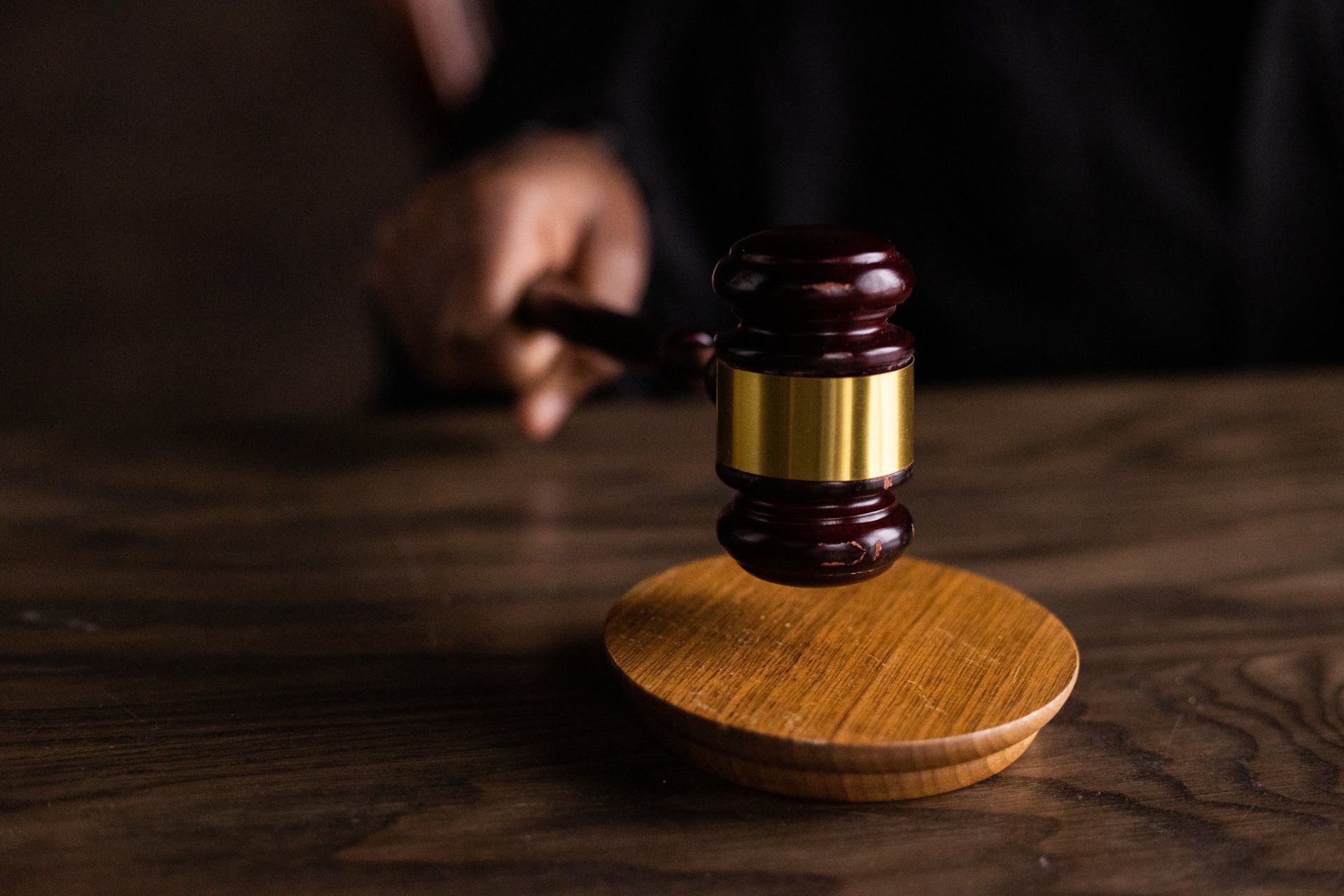Contact Us
Phone: 517-349-2700
Location
2196 Commons Pkwy
Okemos, MI 48864
Hours
- Mon - Fri
- -
- Sat - Sun
- Closed
Understanding Chapter 13 Bankruptcy
Many of us have heard the term “Chapter 13 Bankruptcy,” but few have a complete understanding of what this type of bankruptcy entails. Chapter 13 bankruptcy offers debtors an opportunity to identify certain debts and negotiate a repayment plan for them with their creditors over a specific period of time. For those seeking a manageable solution for repaying some of their overwhelming debt, Chapter 13 may be a good option. Here is what you need to know about a Chapter 13 bankruptcy:
Chapter 13 bankruptcy involves repaying debt according to a plan. By contrast, a Chapter 7 bankruptcy involves liquidating most of the debtor’s assets to repay creditors. Chapter 13 allows the debtor to keep their qualifying assets while repaying their creditors. Therefore, individuals who may be interested in filing under Chapter 13 may be those who have valuable assets which they would not be able to keep under a Chapter 7 bankruptcy. Further, those who are seeking to avoid foreclosure on their home or repossession of their vehicle and want to negotiate a way to become current on their payments may prefer a Chapter 13 filing. Chapter 13 also provides those who are not eligible to liquidate under Chapter 7 a chance at finding relief from their debt and an opportunity to financially recover.
Under a Chapter 13 bankruptcy, a debtor proposes a repayment plan for all of their qualifying debts. The repayment plan will be specific in terms of indicating the creditors who will be paid and in what amount. The amount of the debtor’s repayment will depend on several key factors such as the debtor’s available disposable income, the debtor’s sources of income, and the amount proposed to be repaid to the creditors. After this information is gathered the debtor will be able to propose a monthly payment plan. Once the bankruptcy court approves the plan, the debtor will be required to follow its terms for three to five years. Once the plan term is completed, the debtor is ordinarily not obligated to repay what is left of their dischargeable debts. However, during the repayment period, any extra disposable income must be devoted to paying any unsecured debts.
One benefit of Chapter 13 is that once your debts become part of the repayment plan, they will no longer continue to accrue interest or late fees. Therefore, the amount owed will be what is included and approved under your filing and cannot increase beyond the date the debtor files. Additionally, there are limits on the amount of secured debt and unsecured debt a Chapter 13 debtor may have.
Consulting with an experienced bankruptcy attorney will help you in determining if a Chapter 13 bankruptcy is right for your circumstances. We have the knowledge and experience you need to help you understand bankruptcy and your options. Please contact us online or by phone if we may be of assistance. http://bestmichiganlawyer.com/contact-us
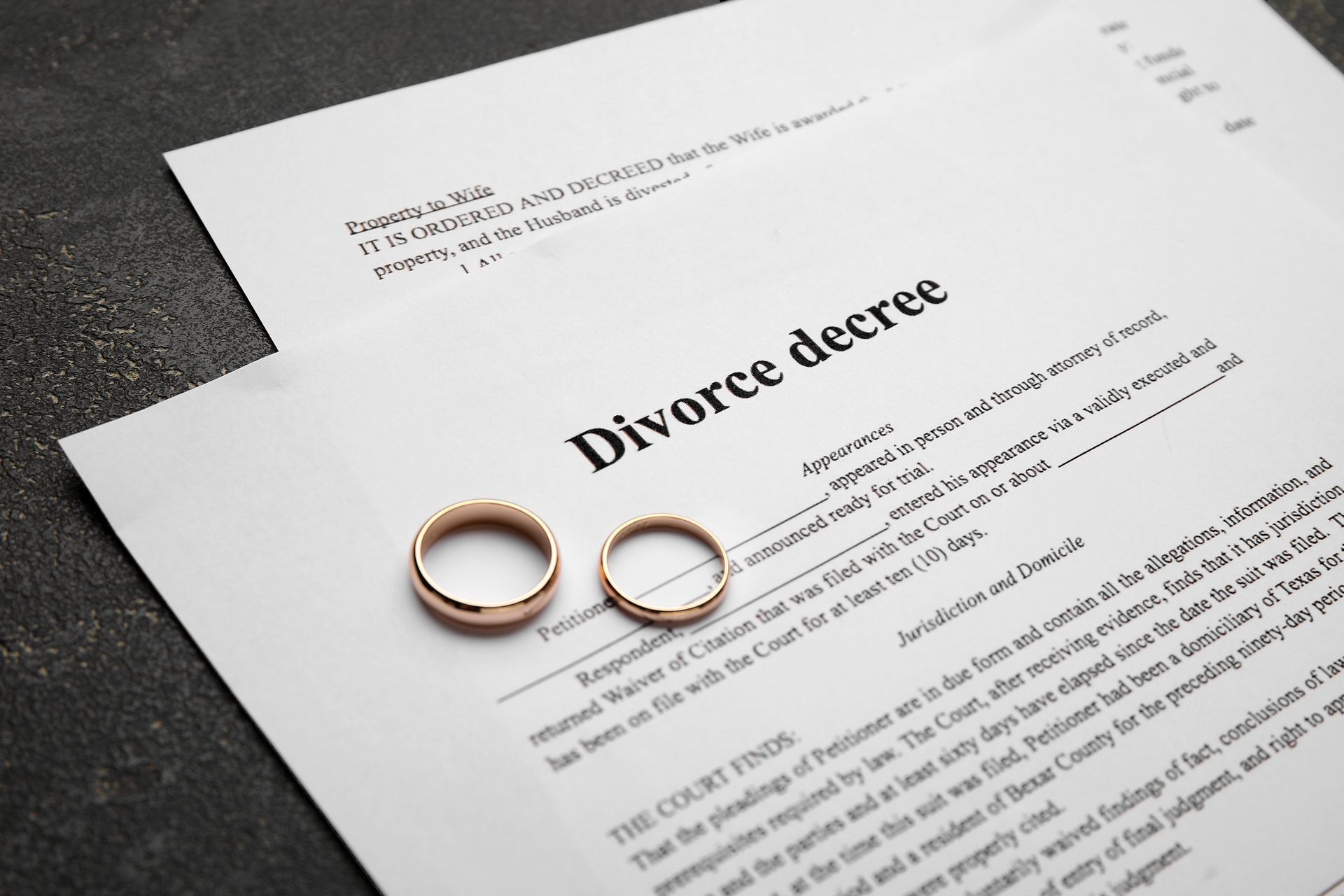
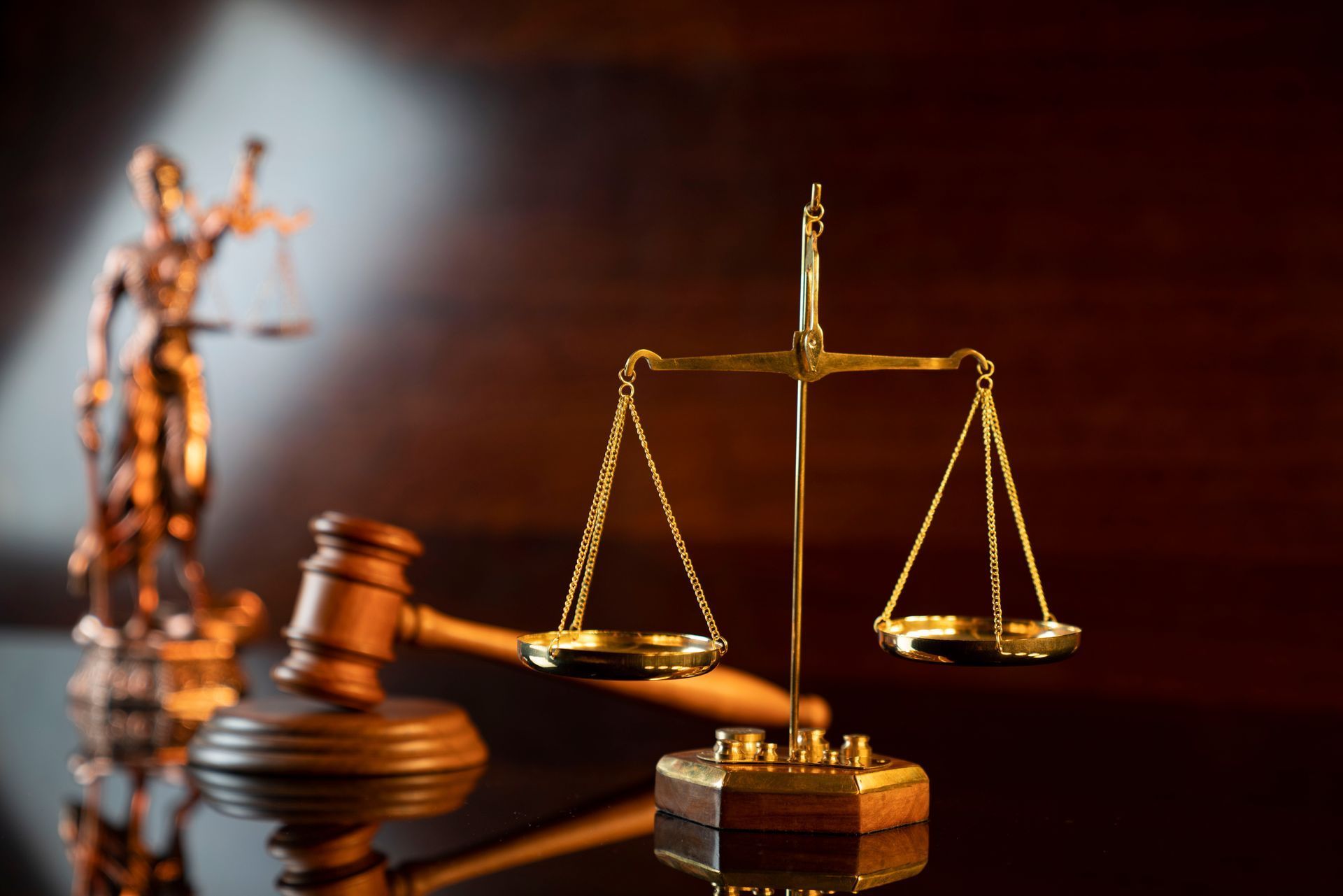

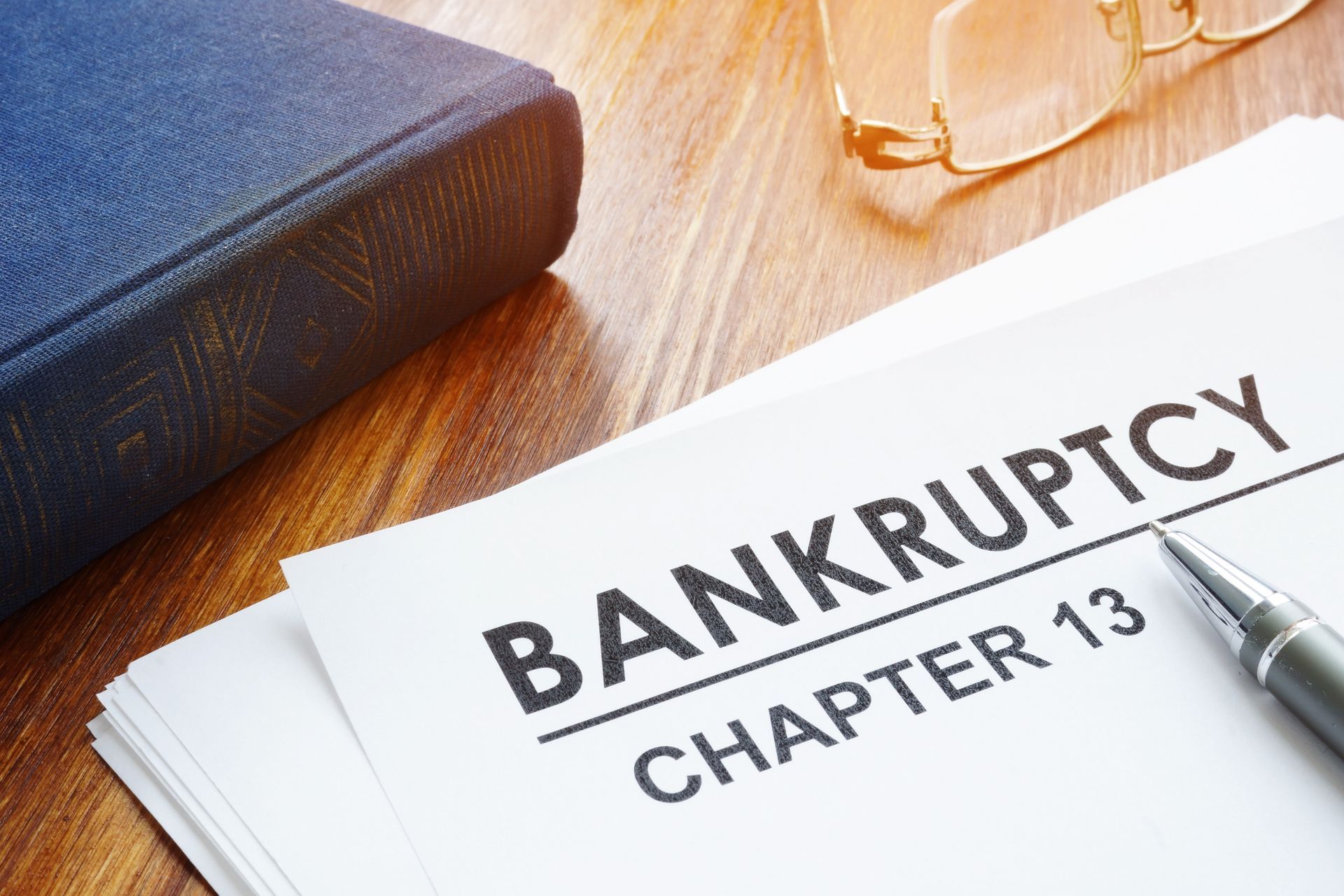
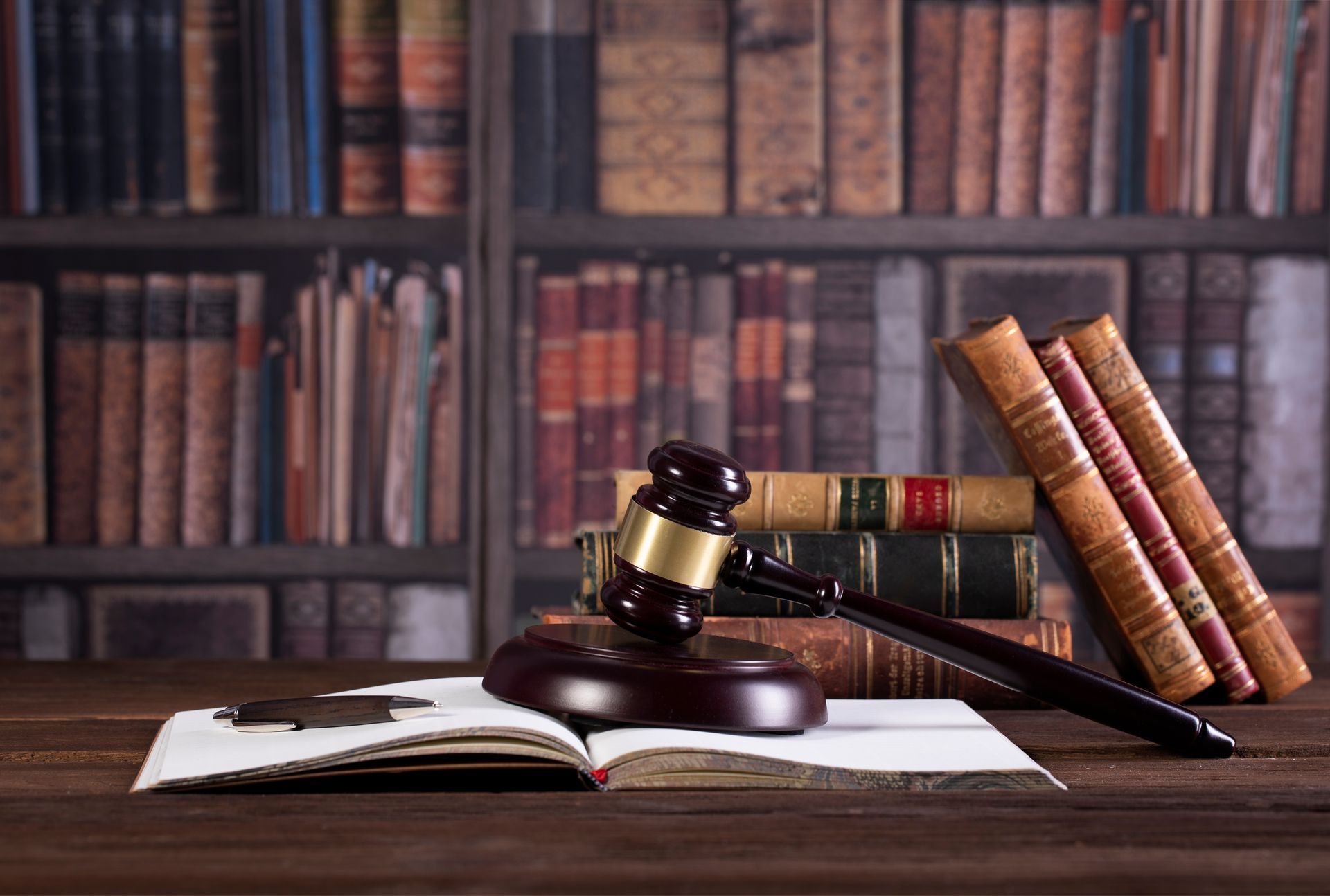
Schedule a Case Evaluation
Contact us now!
Homepage FCE Form
We will get back to you as soon as possible.
Please try again later.
By submitting this form, you agree to be contacted by our law firm, either by phone, text or by email.
Hours
- Mon - Fri
- -
- Sat - Sun
- Appointment Only
Disclaimer: The information on this website is for general information purposes only. Nothing on this site should be taken as legal advice for any individual case or situation. This information is not intended to create, and receipt or viewing does not constitute an attorney-client relationship.
All Rights Reserved | Michigan Attorney Don E. Burch | Powered By Convert It Marketing | Privacy Policy
All Rights Reserved | Michigan Attorney Don E. Burch | Powered By Convert It Marketing | Privacy Policy




